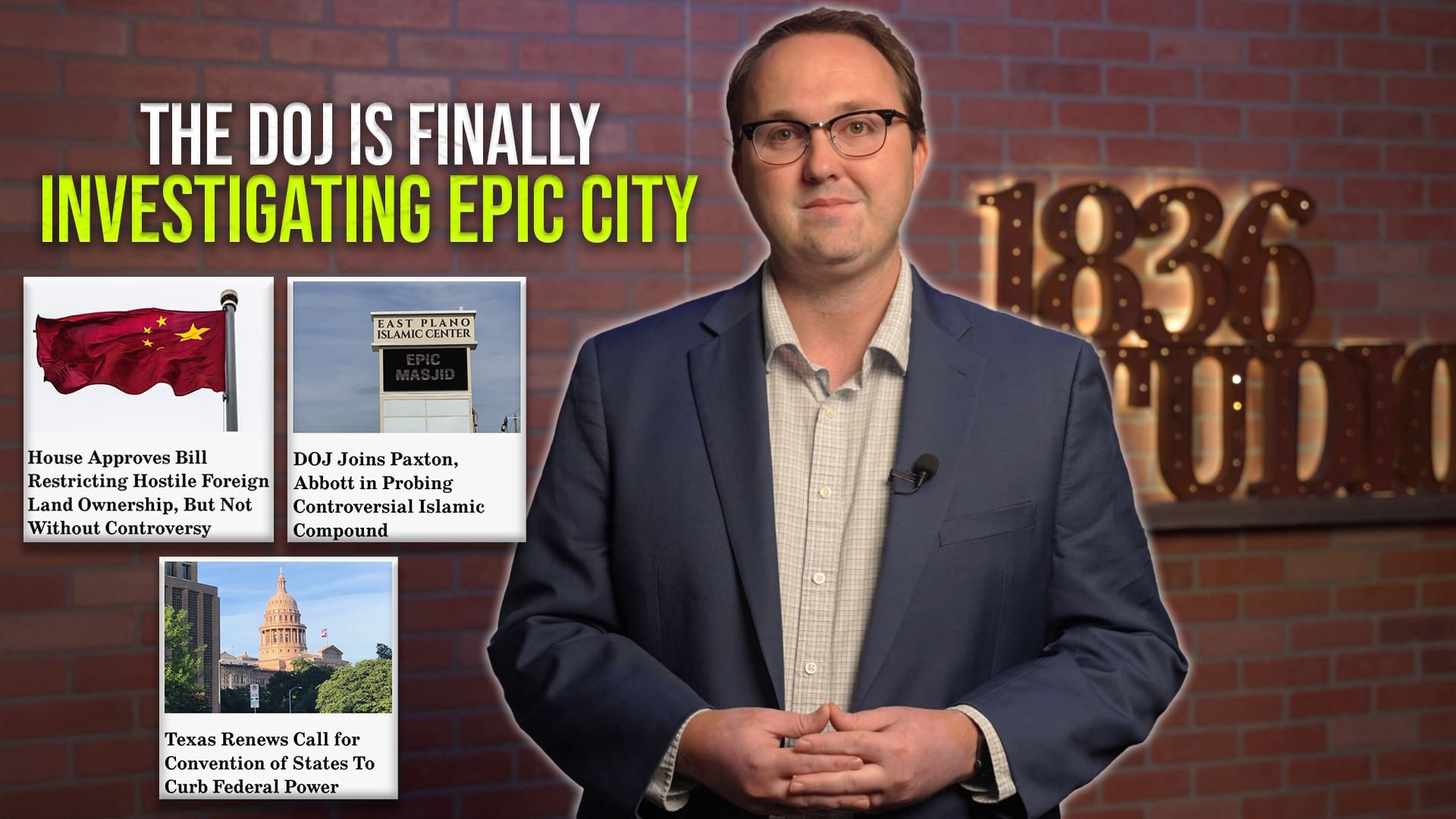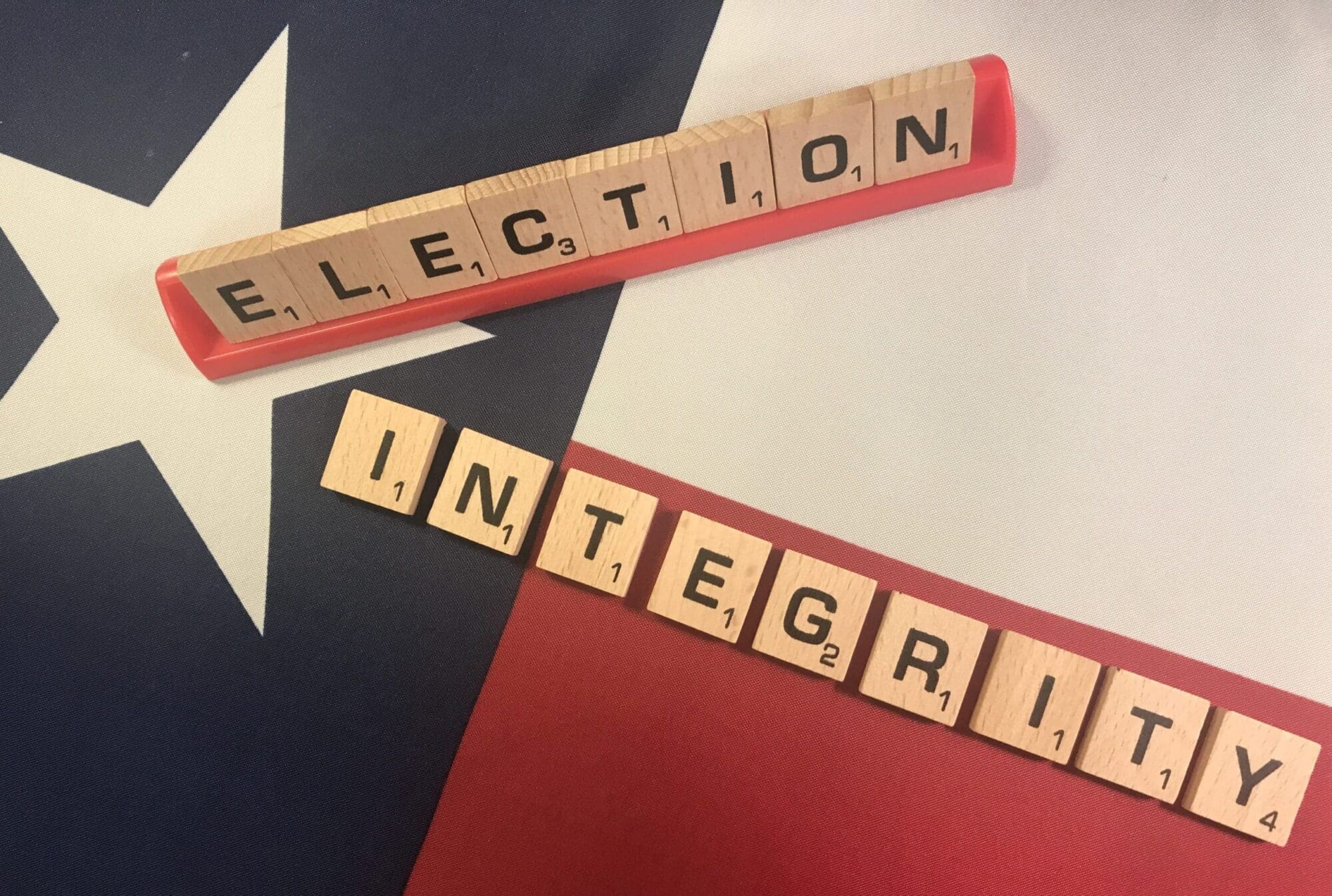How many times does a blogger get to use “bifurcated” in a headline, much less a sentence? Guess I have something to thank the political punditry for.
Okay. First, let’s define what we discussing. There is a good chance that we may be looking at two primaries, one in March on the previously designated date (Mar 6) and one later, possibly at the Republican Party of Texas’ requested date, May 29. Per the request, the March primary would consist of largely federal and judicial races, and the May primary everything else. Alternately, and originally discussed, the first primary would be for everything not affected by the court case, and the second primary would include the state House, state Senate, and Congressional races. Clear so far? Good.
Now, there are a lot of opinions popping up about who benefits from what kind of election cycle. There have been those who think a bifurcated primary would be the worst thing that could happen – it lengthens an already exhausting election schedule, it costs the state and local election authorities more money, that kind of thing. Who benefits from such a thing? Some are saying “ideologues” (code for tea party). And this is where I have to vehemently disagree.
While at this point, dividing the primaries to accommodate likely changes to the maps and the set-in-stone party conventions makes a lot of sense, it is still the system most likely to favor incumbents. Lower turnout in elections almost always favors incumbents, and in the primary it would be even more likely to do so. Why would I expect lower turnout? A few reasons.
1 – The driving Republican GOTV force in the 2012 primary is the presidential election. We know from historical data that contested presidential primaries attract voters. The deep division and increasing invective arising from the primary right now will only be potent enough to matter through Super Tuesday; anything happening after that will suffer from lack of notice.
2 – Voter fatigue is a very real concern going into the spring. As it stands, if a bifurcated primary is approved by the court, in many jurisdictions you’re looking at polls being open almost non-stop from mid-February through late May, and longer when you consider run-offs for local May elections and an August run-off for legislative primaries. Making sure we have an informed electorate for each of the elections – none of which is “less important” than the others for partisan voters – is going to prove a real challenge for campaigns and the party. Not to mention, there are already candidates on the campaign trail wearing out their welcome – imagine if some of them are still hitting up clubs with stump speeches come May, meaning some of them will have been out there as long as eight months. Familiarity breeds contempt, even in (maybe especially in) politics.
3 – You know how the Republican Party of Texas platform advocates for uniform general election dates? Not just pretty words on a page. History and voting statistics show, time and again, that elections that don’t take place on regular, familiar dates draw fewer voters (this is the same argument we’ve been having in the city of Austin, regarding moving city council elections to November – a position advocated by both the left and right). Texans are used to a March primary and November general. Anything new will mean 1) having to educate the voters, and 2) depend on them caring enough and remembering to vote. Since we’re talking about a primary, you have to do even more work to make sure engaged voters remember to show up, because generally speaking a primary is going to focus on taking out an incumbent. Empty seats will have a slightly easier time – it will be about turning out *your* voters in a new situation where no one has an automatic buy-in, but it will still be about voter turnout. All this during Mother’s Day, graduations, the start of summer vacation, Memorial Day weekend, etc.
4 – Because we don’t have party registration in Texas, the primary is used to determine party affiliation for conventions and caucuses. There are some for whom voting in the primary is a first step for participation in the convention process. Once that’s concluded, what outside incentive exists to participate in a second primary? This is the weakest argument, I think, but still a factor for a percentage of the primary vote.
Basically, a bifurcated primary is going to be an extreme headache for all involved, from party leaders down to everyday primary voters, and it should be a small-government advocate’s nightmare based on cost alone. There really isn’t much choice here, either. Right now, the Supreme Court plans to take all of this up in January. If a third version of the maps are enacted, we may necessarily have another filing period for a later primary, to take into account residential requirements. As for moving the entire primary to a later date, that ship sailed – we have to be compliant with the MOVE Act, and we also have statutory requirements for our conventions, not to mention the money already spent locking down the date and place for the Republican convention (I can’t speak to the what the Democrats have planned). Finally, Texas boasts one of the largest delegations in the national convention, not to mention one of the highest turnouts based on population in the primary. Moving the presidential primary to a later date makes us less relevant on the national stage and negating our convention process or altering it severely could make us less relevant or totally irrelevant at the national convention, should it be brokered as is increasingly believed possible.
I do think, and must say, that blame for all of this must be focused on both the judicial activism of the three-judge panel in San Antonio and the Democratic Party’s ever-unquenchable thirst for judicial vengeance. All three maps, House/Senate/Congress, were approved by the Legislature – the congressional map passed with the least resistance! This is a fight based not on the Constitution but an antiquated law, the constitutionality of which has yet to be really challenged. This isn’t about racial equality or equity of representation – it is, far and away, about partisanship, and about getting one’s way even when one isn’t in the majority party. That’s petty and ridiculous, and all of Texas is feeling the consequences of this squabble. Bifurcated primary or not, it will be essential to address redistricting long-term, and reconsider the modern necessity of the Voting Rights Act.



